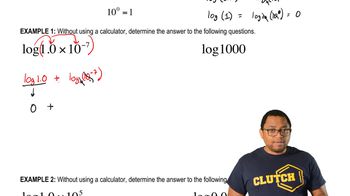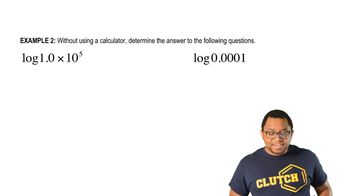Power and Root Functions definitions Flashcards
 Back
BackPower and Root Functions definitions
1/15
Terms in this set (15)
- LogarithmRepresents the power to which a base must be raised to obtain a specific number.
- Base-10 LogarithmA logarithm with base 10, often used in scientific calculations.
- AntilogarithmThe inverse operation of a logarithm, used to find the original number from its logarithm.
- Natural LogarithmA logarithm with base e, commonly used in calculus and natural sciences.
- ExponentThe power to which a number or expression is raised in a mathematical operation.
- Henderson-Hasselbalch EquationAn equation used to calculate the pH of a buffer solution.
- BufferA solution that resists changes in pH when acids or bases are added.
- Conjugate BaseThe species that remains after an acid has donated a proton.
- Weak AcidAn acid that partially dissociates in solution.
- Chemical KineticsThe study of rates of chemical processes and the factors affecting them.
- pHA measure of the acidity or basicity of an aqueous solution.
- pKaThe negative logarithm of the acid dissociation constant, a measure of acid strength.
- Multiplication RuleIn logarithms, log(a*b) equals log(a) plus log(b).
- Division RuleIn logarithms, log(a/b) equals log(a) minus log(b).
- Power RuleIn logarithms, log(a^x) equals x times log(a).



